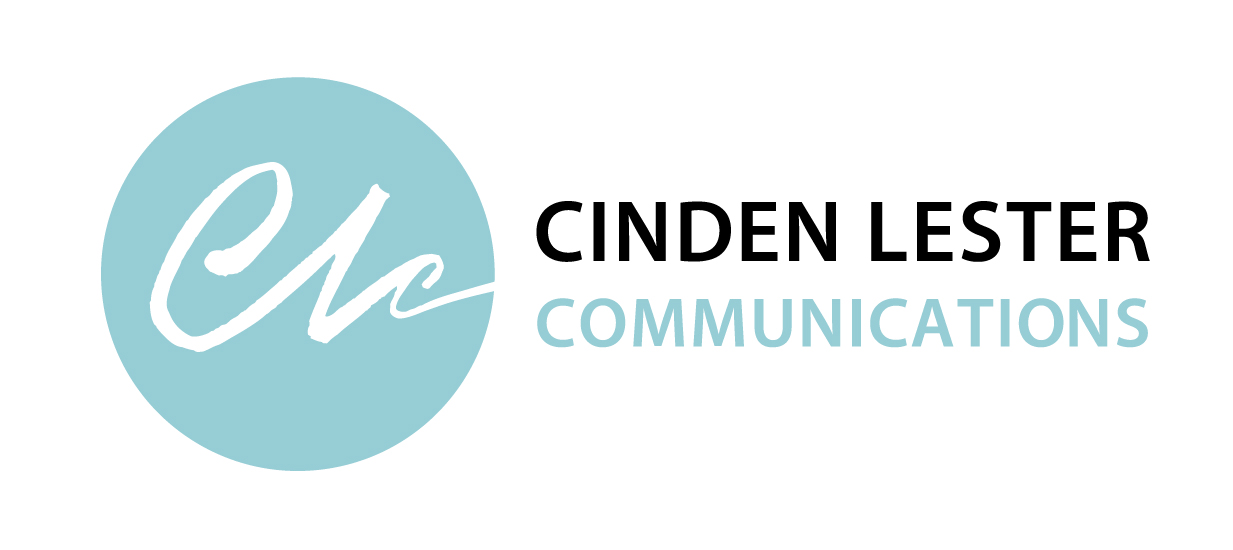
Not all our working relationships are in perfect harmony all the time. Some people (co-workers, stakeholders, clients) insist on playing a different tune or drowning out everyone else. Others just don’t want to play at all.
Some resistance is subtle, some is overt. Either way, it’s counter productive when working relationships are out of tune. But it is possible to tune up those tricky relationships. Here are some suggestions.
Acknowledge their expertise. Acknowledging someone’s specialist experience and perspective can reassure them you’re not trying to take over. Rather, you want to complement their expertise and add value through the skills you bring to the table. For example, program or policy experts know their subject inside out, while communications specialists know how to help explain it clearly to engage a wider audience.
Find the common ground. Discuss what you are all aiming for and what success will look like. This usually reveals a clear common goal, making it possible to agree on how best to work together to achieve it.
Ask about their concerns or issues. Drill down from general resistance or vague unease to specific issues so you can suggest specific solutions. When I worked in government communications, a client was concerned that editing would ‘dumb down’ their work or create inaccuracies. But I had to make the work more accessible and engaging. The solution? Establishing trust by asking plenty of questions to clarify their concerns and intent, then providing sample edited pages before diving in for a full edit. It worked—the client became an advocate.
Explain the benefits. This is your sales pitch. Explain what’s in it for them. What are the benefits? Will it save them time, help achieve their goal, impress their supervisor, improve the project’s outcome, enhance the organisation’s reputation?
Start small. Sometimes you need to prove you can play chopsticks before you take on Chopin. Settle for being involved in a small part of the project and do it so well, they want an encore.
Break it down. Agreeing on milestones reassures everyone that they can stay involved, check how things are going, and provide feedback and input along the way.
Stay in regular contact. Ask questions, confirm next steps, update on progress regularly, share milestone achievements or key developments. Keeping people in the loop helps keep them on side.
Involve others if necessary. Involve advocates, supervisors or colleagues if necessary. This can help if relationships are getting a bit tense, or if you need another pair of eyes and ears at the table to confirm desired outcomes and who’s responsible for what.
Be professional. Rock stars might get away with diva antics, but it’s not a good look in the office. Keep your cool, find your Zen, state your case calmly and stay professional.
Deliver. Do what you say you will. Produce quality work, within the time frame. Add extra value whenever the opportunity arises.
Outsource. Sometimes, introducing a neutral third party (like a consultant ;-) ) can smooth out strained relationships and get a stalled project back on track.
Success isn’t necessarily about everyone hitting exactly the same notes at exactly the same time. It’s the way different chords work together that creates a virtuoso performance.
| Cinden Lester has more than 25 years’ experience as a professional writer, editor and communications specialist—having worked as a broadcast journalist, in private sector marketing and public relations, and in government communications before establishing her own Canberra-based communications consultancy.
Contact Cinden if you’d like some help to tune up your communications. |

